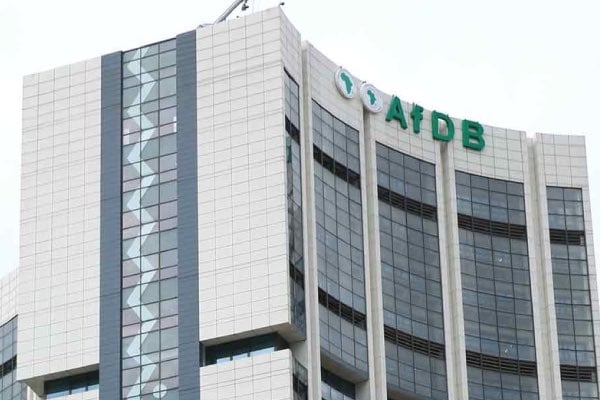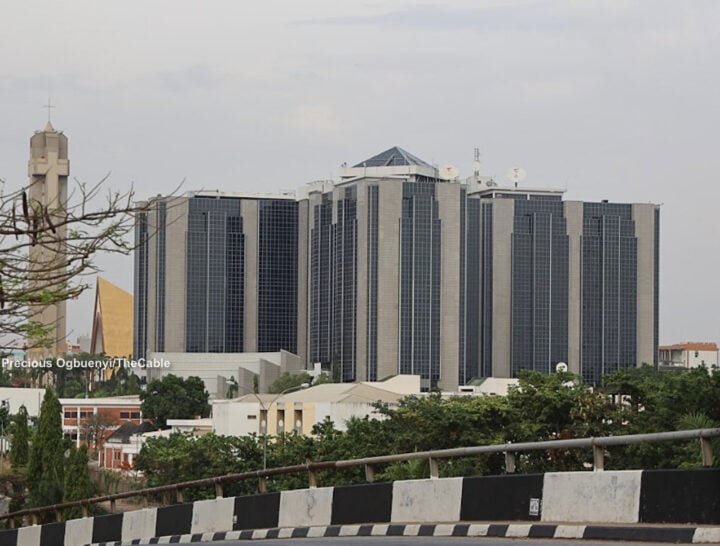Akinwumi Adesina
Akinwumi Adesina, president of the African Development Bank (AfDB), says Nigeria must industrialise rapidly to compete globally and lift millions out of poverty by 2050.
Adesina spoke on Thursday while delivering a keynote address at the 20th anniversary dinner of Chapel Hill Denham, an investment banking firm, in Lagos.
He lamented Nigeria’s economic decline over the decades, with current per capita income lower than it was at independence.
“Nigeria must stop seeing underdevelopment as normal. It must rise to lead Africa,” the AfDB president said.
Advertisement
Adesina warned that Nigeria’s slow growth and widespread poverty pose a major risk to Africa’s development, given the country’s position as the continent’s largest economy.
He said Nigeria should take lessons from countries such as South Korea, which rose from poverty to prosperity through savings, innovation, and manufacturing.
The AfDB boss said while Malaysia and Vietnam have achieved significant value addition in manufacturing and exports, Nigeria continues to lag due to its failure to industrialise.
Advertisement
To change this narrative, he called for large-scale investments in power, science, infrastructure, and agriculture driven by private capital and efficient governance.
Adesina highlighted the AfDB-led special agro-industrial processing zones (SAPZs) initiative as a game changer for Nigeria’s agricultural transformation.
He said the bank and its partners have committed $3.4 billion to support the establishment of the zones across the 36 states and the federal capital territory (FCT).
According to the economist, the agro-industrial zones are designed to attract agribusinesses to rural areas with high production potential, value to raw produce, and to create jobs.
Advertisement
Adesina said the zones would help diversify Nigeria’s economy, reduce food imports, and position the country as a global food powerhouse.
“Reimagining Nigeria’s future means making agriculture a business, not a way of survival,” he said.
He also urged the government to support policies that attract private investment in agriculture and rural development.
Advertisement










